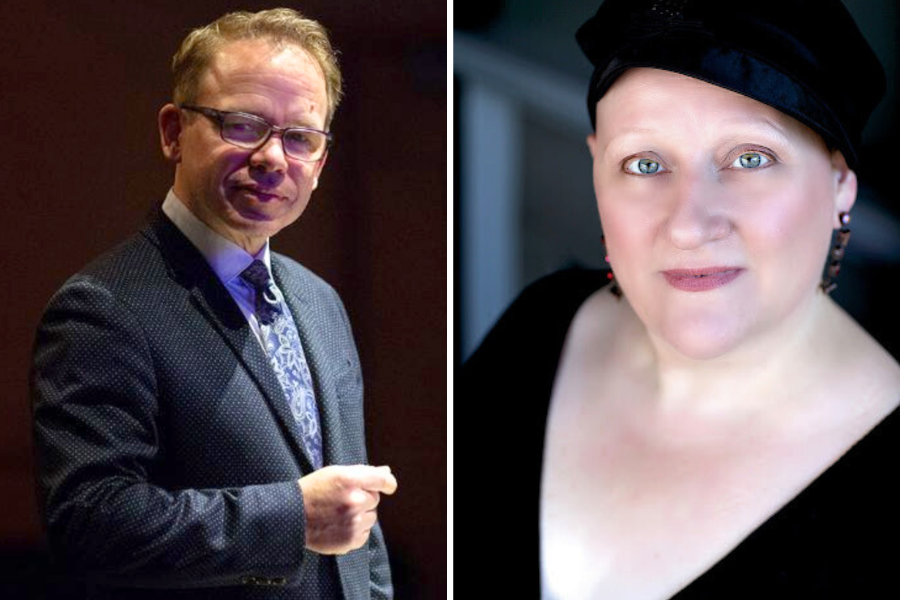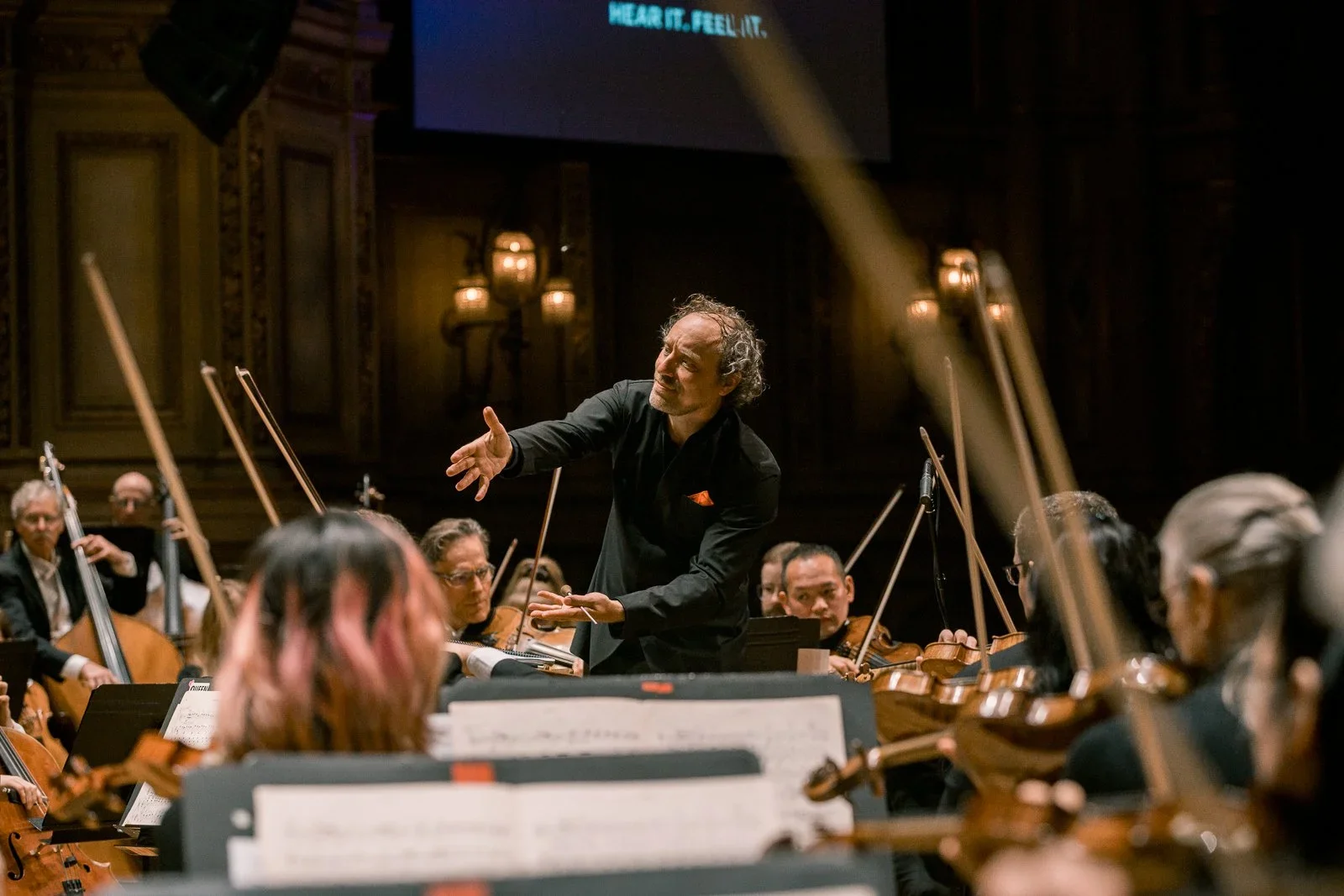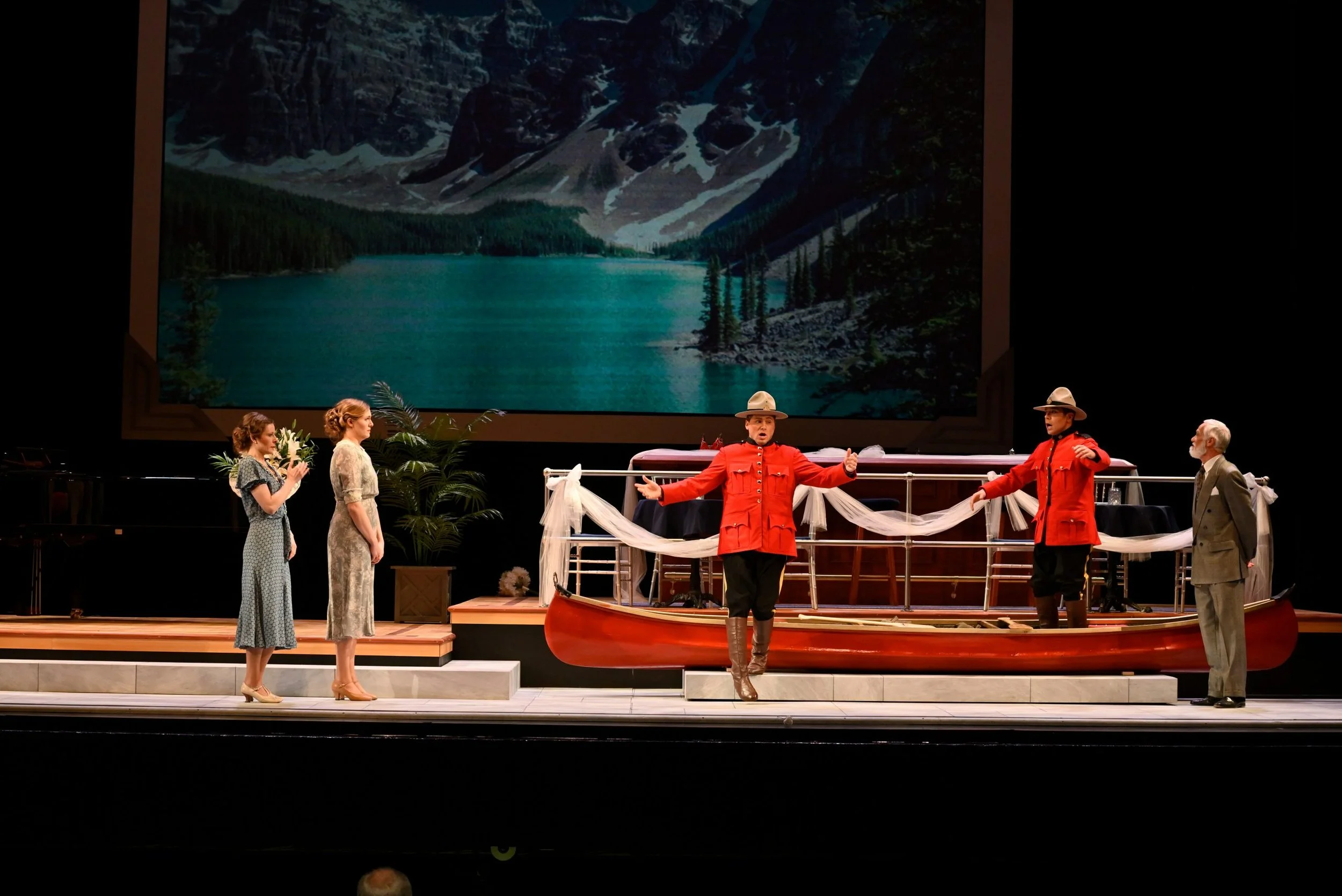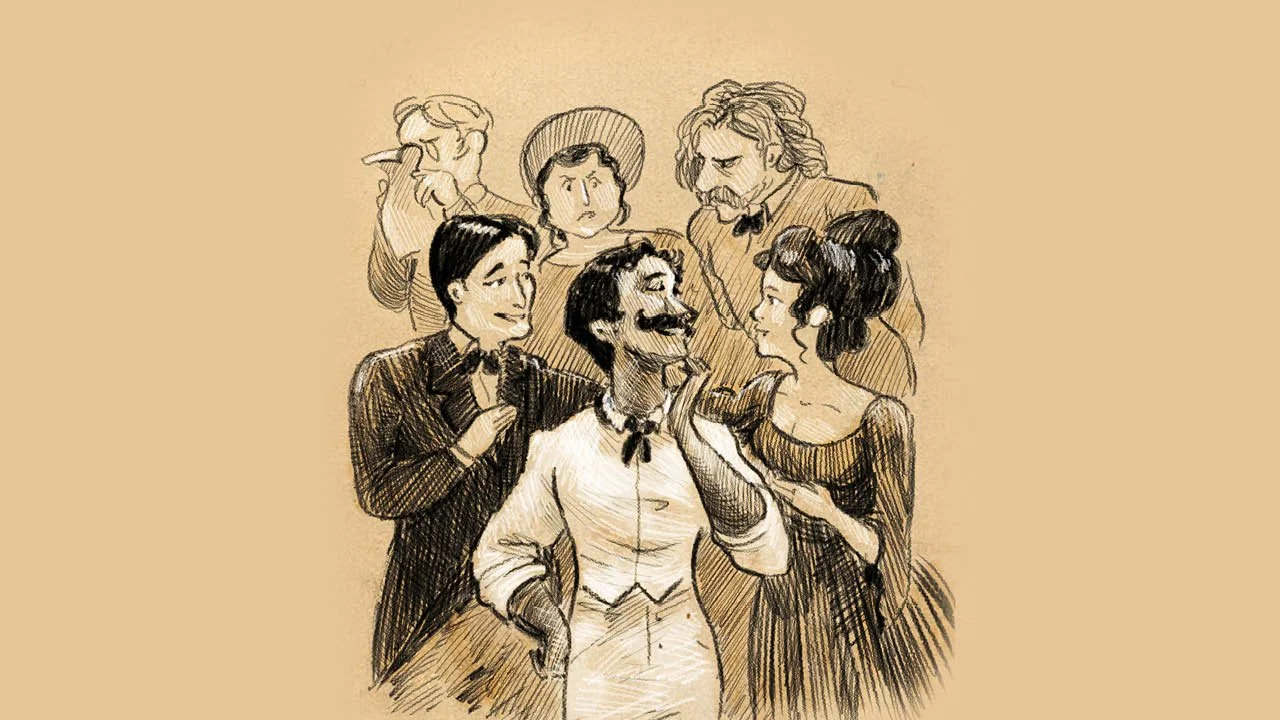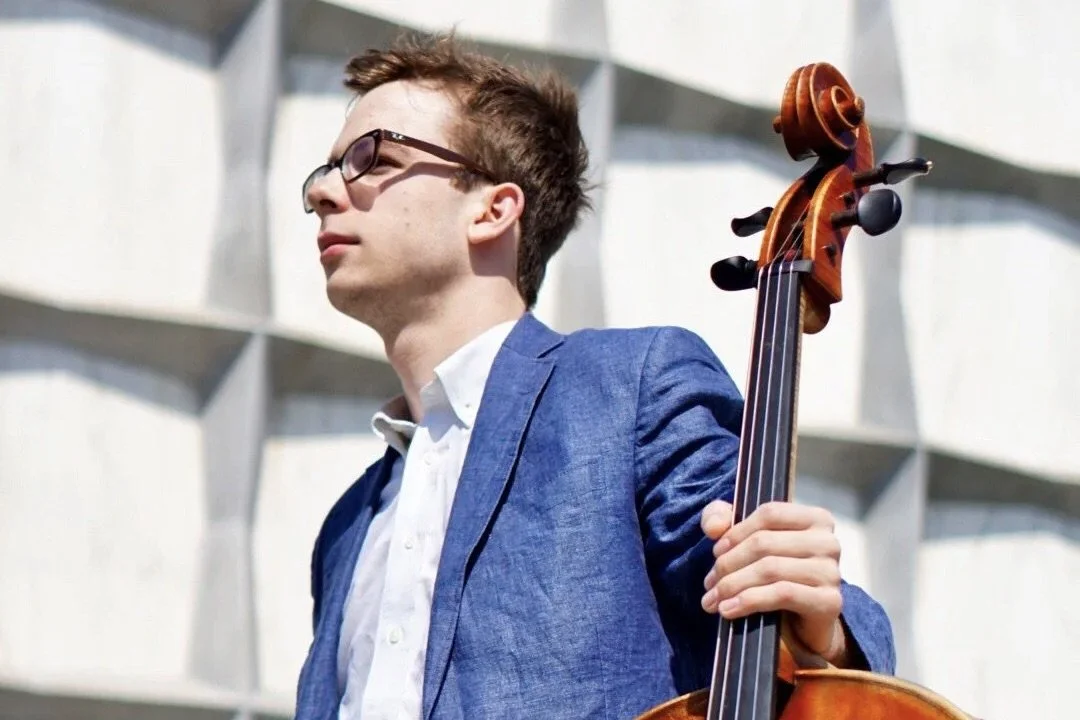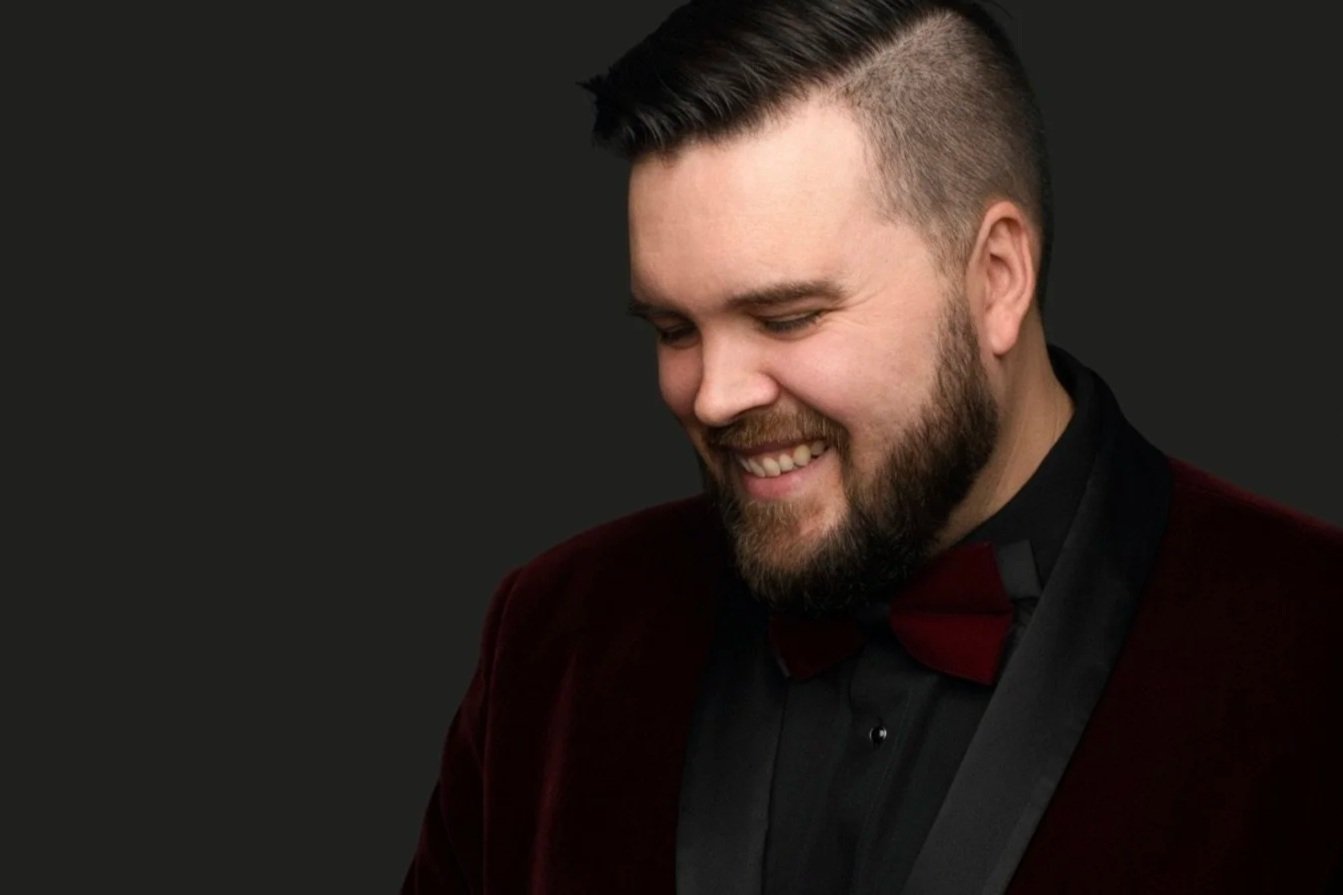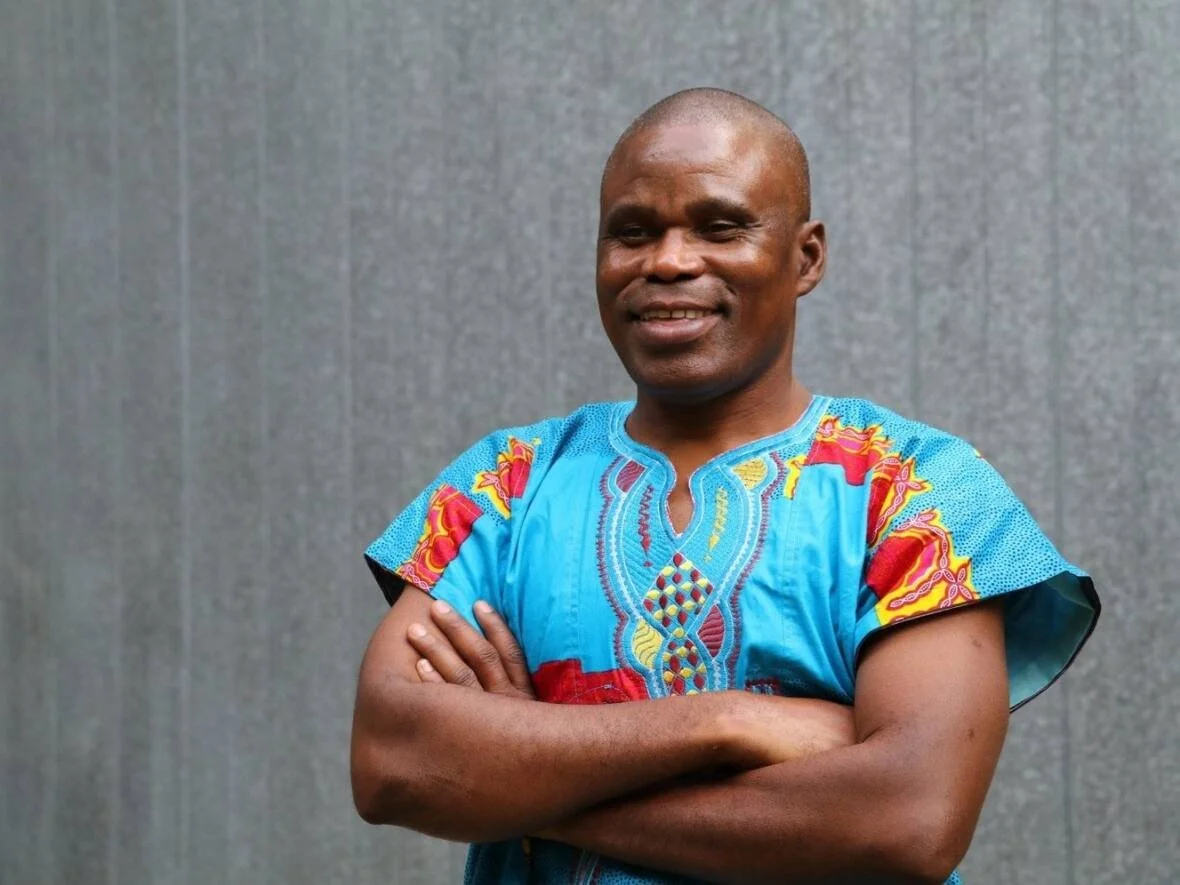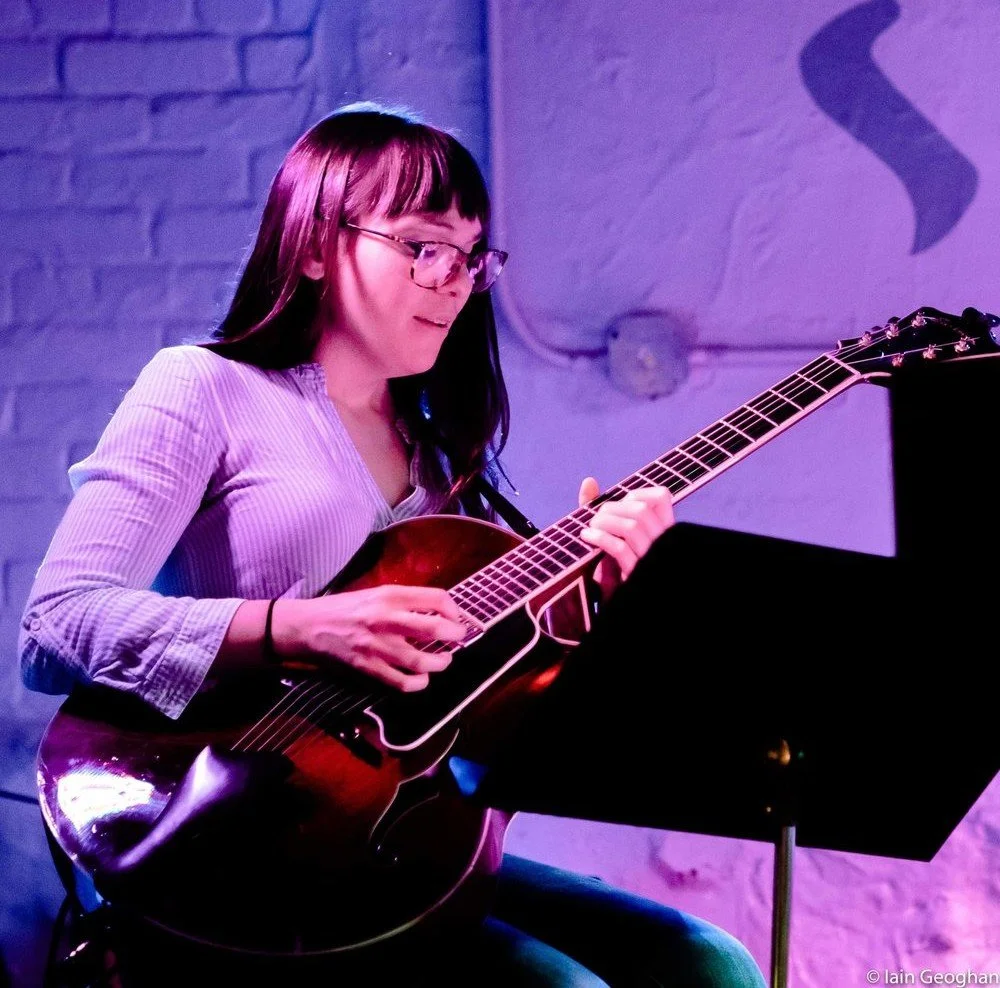Toubab Krewe takes West African traditions in new global directions, at the Vancouver Folk Music Festival
“Damn fine” American band mixes kamelngoni and kora with funk rhythms and a touch of surf guitar
Toubab Krewe works its members’ rock, funk, and Appalachian roots into its brand of West African trance-and-dance music.
Toubab Crewe plays the Vancouver Folk Music Festival mainstage on July 15
THERE’S A GOOD chance that some of the finest African music you’ll hear this summer will be made by a bunch of Americans.
Admittedly, this has much to do with the lingering effect of the Covid pandemic, which has increased costs and reduced opportunities for touring musicians all over the globe. Also playing a part is the increasingly labyrinthine process of securing touring visas, which have never been harder or more expensive to obtain, especially for musicians coming from conflict zones.
But the basic fact is that Toubab Krewe is just a damn fine band—and inventive enough to work its members’ rock, funk, and Appalachian roots into its brand of West African trance-and-dance music. While there are many North American bands that are content to simply ape the sounds of Lagos or Bamako in the 1970s with various degrees of authenticity, most of the Krewe have gone deep into the study of the region’s rhythms, melodies, and cultural mores.
The knowledge that they’ll never be perfectly “authentic” is embedded in the band’s name. “Toubab” is somewhat pejorative West African slang for a foreigner, usually—but not always—of European descent. The multiracial Krewe’s adoption of the term is both ironic and honest, but there’s no irony in these musicians’ understanding of West African music, its history, and how it is shaping the global soundscape.
There’s also the probability that while Toubab Krewe borrows heavily from that music, it’s not doing it in an appropriative way—if you accept the theory that the difference between influence and appropriation is respect.
“I hear you loud and clear,” says percussionist Luke Quaranta, in a telephone call from his Louisiana home. “I know it’s an issue, obviously. I’ve been living in New Orleans since 2014, so it’s a hot-button issue here, this being such a mecca of African and Caribbean influences and Indigenous art forms, with a super-unique playing style. It’s the razor’s edge, but what we hope will come through is our love for the music—our dedication to our studies of it well before we even had the thought of starting a band.
“First and foremost,” he adds, “I think it’s about learning the traditional forms and respecting the integrity of them. And then, I guess, the artist is in a place to be creative from a really strong foundation. That’s the key.”
An important part of that, Quaranta believes, is becoming embedded in the whole culture—not just taking an African-rhythms course at music school, but going to live with African musicians for an extended period of time. That’s something Toubab Krewe’s founding members all shared, and has continued to shape their ethos as well as their playing.
“Man, for me and my bandmates at the time it was our first experience of being outside of this country,” he explains. “Going from growing up just outside New York City to Conakry for the first time, the culture shock was real! But I immediately loved being there. Our experience was kind of just living a student musician’s life along with our teachers and their families. Their kids were everywhere from maybe eight to 15, young teens, and we just slipped into doing the same thing they were doing: playing drums every day, studying every day, and then going out to see music around town, whether it was in a traditional context or a more contemporary setting. It just wasn’t something that we could sit and learn here. Eating every day around the same bowl with the family, jumping on a moped with our teachers and running around to rehearsals… It was really transformative for us.
“One of the things that’s so fascinating about West African music is the way that the traditional and the contemporary live side by side,” he continues. “The traditional aspect of it is very much alive, but also everyone is pushing the envelope as artists.”
This could be Toubab Krewe’s mission statement, too. The group balances its original compositions with traditional pieces from Guinea, Mali, and the Ivory Coast, and plays mix-and-match with its instrumentation as well. Justin Perkins has mastered two very different African harps—the kamelngoni, or “young person’s harp”, and the larger and more complex kora, as preferred by the court musicians of the ancient Mali Empire. Traditionally, they would not normally be seen on the same stage, but toubabs are presumably free to operate outside traditional constraints.
Drew Heller, in turn, favours electric guitars, as do many West African musicians, but he grew up in North Carolina and hails from a family of banjo players—an unexpected link to an African music tradition that crossed racial boundaries in the southern United States some two centuries ago.
Quaranta draws on Afro-Cuban and other Latin styles as well as on his West African training, and Terrence Houston is obviously a superb funk and jazz drummer—which sadly means that he’s not going to make Toubab Krewe’s Vancouver Folk Music Festival dates, as he’s on the road with New Orleans legend George Porter Jr.’s band, opening for George Clinton and Funkadelic. (But never mind: filling in will be the equally accomplished Tim Keiper, whom locals may have seen with either Malian guitar prodigy Vieux Farka Touré or former Talking Heads frontman David Byrne’s touring band.)
Add a splash of dub electronics and a touch of surf-guitar aggression, and you’ve got a band that honours the past while celebrating the multicultural future—a perfect fit for a hot summer night and the Folk Festival stage.




